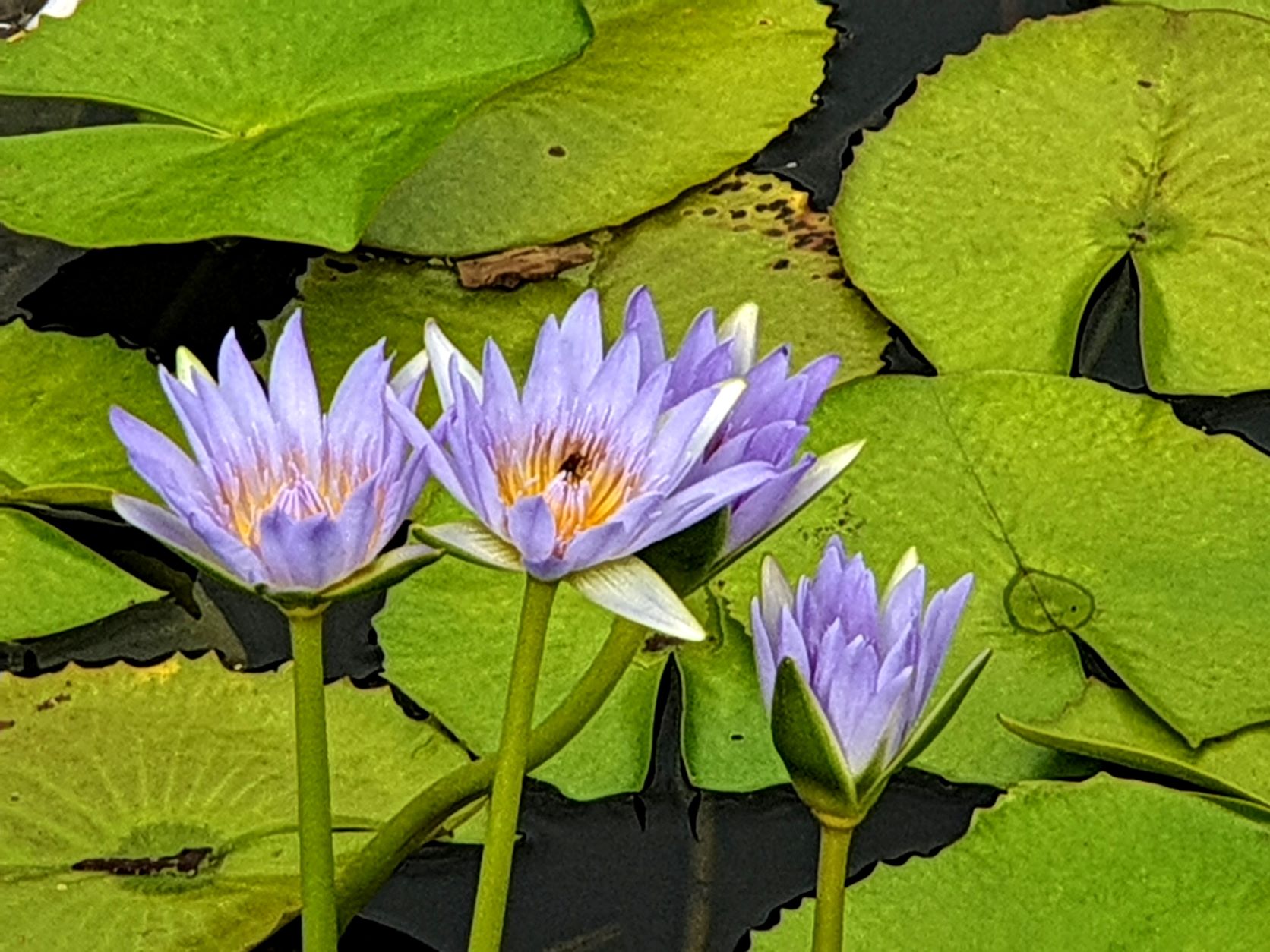Date: 18 – 21 November 2024
Venue: Kruger National Park, South Africa
Deadline for submissions: 31 July 2024
BioDATA Advanced is an international project between Norway and South Africa that aims to support students in upper education in developing skills in biodiversity data management and publishing, in addition to the most modern molecular methods for monitoring biodiversity. The skills taught within BioDATA Advanced are important for carrying out the everyday tasks of a modern biologist, though many of these skills are not taught in higher education.
This project also looks to strengthen the partnership between the South African Node of the Global Biodiversity Information Facility (SANBI-GBIF) and the other BioDATA partners, through exchanges and enhanced collaborations on scientific projects of mutual interest.
This course is a practical, hands-on introduction on how to extract, manipulate and use data from GBIF for scientific analysis. We will spend 3 days learning some data use fundamentals and techniques, with an exciting field work session planned, and some more thematic discussions on data use, and project showcases from Norway and South Africa. There will also be some time for practical work on your own project, with 1-on-1 help from the teachers.
The course aims to cover aspects like Data Standards, Open Science Fundamentals, Fitness for Use, Data Cleaning, and Manipulation, as well as delving into the use and application of biodiversity data, to understand the value of data in science and policy.
Audience
The course is suitable for MSc and PhD students in biology and other early career professionals in relevant fields. Participants should have an affinity or professional interest in biodiversity. Participants need to have the motivation and interest to use biodiversity data, and in particular GBIF data. Some technical knowledge of programming in R or Python will be an advantage, and a good understanding of English is required to follow the course, carry out the exercises, and get good support during the teaching.
Prerequisites
Participants should have an affinity or professional interest in biodiversity. Participants need to have the motivation and interest to use biodiversity data to conduct scientific research. A good understanding of English is necessary to follow the course, carry out the exercises, and receive support during the teaching. Ideally you should also be familiar with programming in R or Python.Participants will also be required to bring there own laptops.
Intended learning outcomes
- Open Science Fundamentals, focusing on reproducibility in modern science
- Data Standards
- Fitness for Use
- Data Cleaning and Manipulation,
- as well as delving into the use and application of biodiversity data, to understand the value of data in science and policy.
You can also contact Rukaya Johaadien rukayasj@uio.no, Fatima Parker-Allie F.Parker@sanbi.org.za and Morne Du Plessis DuPlessisMG@ufs.ac.za with any questions.
How to apply
Application deadline: 31 July 2024
Applicants should fill out this form in order to apply for the course:
